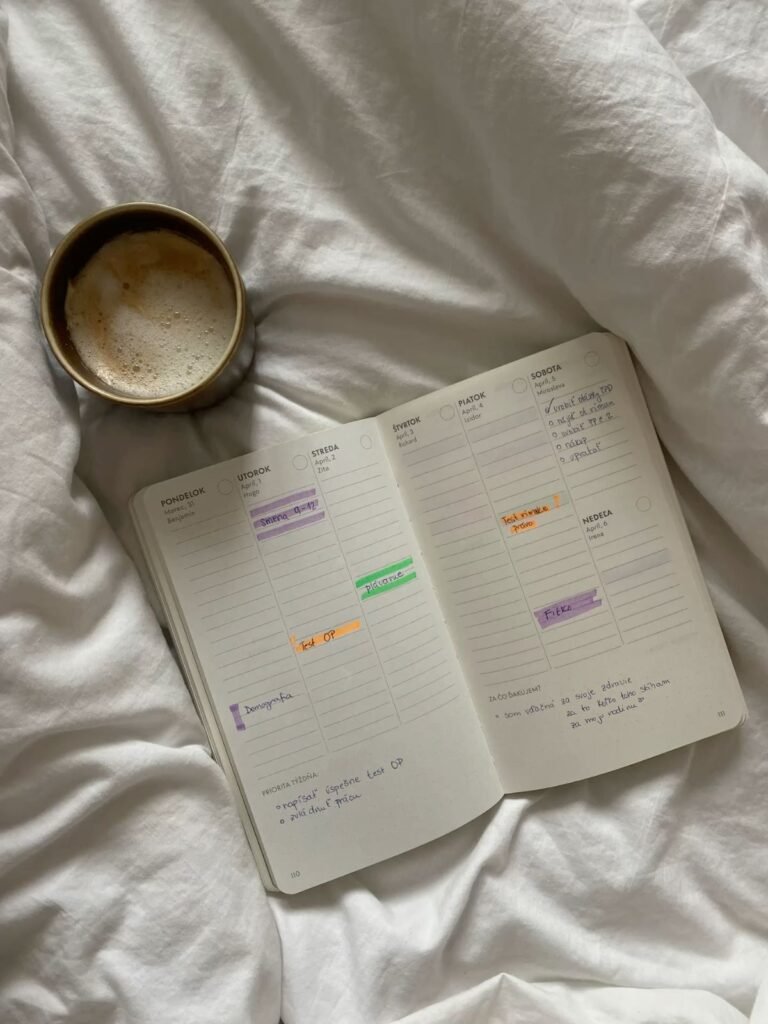improve Mental Well-Being and Fight Depression with 10 Self-Care Strategies
Depression can feel like an overwhelming darkness that affects every aspect of daily life. While medical treatments and professional help are essential components of recovery, establishing a robust self-care routine is one of the most important things for maintaining long-term mental health . This comprehensive guide will help you build a sustainable self-care plan that supports your recovery journey.

Even if you feel you did recover, always seek the help from professionals and surround yourself with friends , family or relatives . Having someone to talk to can change your state of mind and cheer you up . The social connection is the key to your post depression . Overall, stay active , keep your mind and body busy and burn some energy . Learning new topics and skills can help drastically too
What is depression ?

Depression, clinically known as Major Depressive Disorder (MDD), is a serious mood disorder characterized by a persistent feeling of sadness and a significant loss of interest or pleasure in activities once enjoyed. This goes far beyond typical sadness or temporary low moods, lasting for at least two weeks and significantly impacting a person’s daily life and functioning.

Key symptoms often include a pervasive low mood, feelings of worthlessness or guilt, fatigue, changes in appetite or sleep patterns (insomnia or hypersomnia), difficulty concentrating, and sometimes thoughts of death or suicide. It’s not a sign of weakness and individuals cannot simply “snap out of it.” Depression results from a complex interplay of genetic, biological (neurotransmitter imbalances), psychological, and environmental factors. It’s a treatable condition, typically managed through therapy, medication, or a combination of both
Understanding Post-Depression Self-Care

Self-care means more than just treating yourself to comfort foods or spending time on social media. It’s about addressing your basic needs and making lifestyle changes that support both your physical health perspective and mental well-being. For those recovering from clinical depression, self-care practices become crucial tools for preventing relapse and managing depressive symptoms.
Building Your Self-Care Foundation
1. Prioritize Sleep Patterns

One of the first things to focus on is establishing healthy sleep habits. Quality sleep is a stronger predictor of mental health outcomes than sleep quantity. To regulate your circadian rhythm:
- Set a consistent bedtime and wake-up schedule
- Limit blue light exposure before bed
- Create a calming bedroom environment
- Aim for 7-9 hours of uninterrupted sleep
2. Physical Activity: A Natural Mood Booster

Regular exercise is a great way to combat depression symptoms. Studies show that physical activity has significant effects on reducing depression (median effect size=−0.43) and anxiety (median effect size=−0.42). Start with:
- 20-minute daily walks in the fresh air
- Simple stretching exercises
- Any form of exercise that you enjoy
- Gradually increasing your minutes of exercise
3. Nourishing Your Body

A balanced diet plays a crucial role in mental health recovery. Focus on:
- Regular meals with whole grains
- Foods rich in omega-3 fatty acids
- Plenty of fruits and vegetables
- Staying hydrated throughout the day
Learn How to Meditate to Reduce Anxiety
Creating Strong Support Systems
1. Building Healthy Relationships

Strong social connections are vital for recovery. Consider:
- Reaching out to family members
- Joining support groups
- Building connections with other people who understand your journey
- Maintaining regular contact with your mental health provider
2. Professional Support

While self-care is essential, it should complement professional treatment. A health care provider might recommend:
- Cognitive behavioral therapy
- Regular check-ups
- Medication management
- Additional treatment options as needed
Daily Routine: Small Steps, Big Impact
Creating a structured daily routine can provide stability during recovery. Here’s how to approach it:
1. Start with Small Goals

- Break daily tasks into smaller tasks
- Set time blocks for different activities
- Celebrate small wins
- Gradually increase responsibilities
2. Mindful Activities

Incorporate mindfulness practices into your daily life:
- Morning meditation
- Breathing exercises
- Journaling
- Spending time in nature
Managing Mental Health Challenges
1. Recognizing Warning Signs

Pay attention to:
- Changes in energy levels
- Unhelpful thoughts
- Physical symptoms
- Changes in sleep patterns or appetite
2. Healthy Coping Skills

Develop strategies to manage:
- Anxiety symptoms
- Negative thoughts
- Stress triggers
- Unhealthy habits
Long-Term Success Strategies
1. Sustainable Lifestyle Changes

Focus on:
- Maintaining regular exercise
- Following a balanced diet
- Getting enough sleep
- Managing screen time effectively
2. Setting Future Goals

Work on:
- Career aspirations
- Personal development
- Building healthy relationships
- Creating a life worth living
When to Seek Additional Help

While self-care is valuable, know when to reach out for professional help:
- If depressive symptoms return
- During traumatic events
- When dealing with substance use disorder
- If self-care activities aren’t providing relief
The Role of fitness to help fight depression

Physical health and mental well-being are deeply interconnected. Regular physical activity can:
- Boost immune system function
- Reduce risk of heart disease
- Help manage weight gain
- Improve overall health problems

Fitness plays a remarkably vital role in both preventing and combating depression, acting as a powerful complementary therapy alongside conventional treatments. While it’s not a standalone cure for severe cases, extensive scientific research consistently highlights its profound positive impact on mental well-being.
One of the most significant ways fitness helps is by influencing brain chemistry. When you engage in physical activity your brain releases a cascade of “feel-good” neurotransmitters, often referred to as natural mood boosters.
These include:
- Endorphins: These are natural pain relievers that create a sense of euphoria, often described as a “runner’s high.” This immediate mood lift can provide a much-needed respite from depressive thoughts.
- Serotonin: Often called the “happiness hormone,” serotonin plays a crucial role in regulating mood, sleep, appetite,and digestion. Exercise helps increase serotonin levels, contributing to feelings of well-being and calmness.
- Dopamine: This neurotransmitter is vital for pleasure, motivation, and reward. Imbalances in dopamine are linked to depression, and exercise can help regulate its production, boosting your drive and sense of accomplishment.
Beyond these chemical shifts, fitness offers a multifaceted approach to mental health:

- Stress Reduction: Exercise is a highly effective stress reliever. It helps reduce levels of stress hormones like cortisol and adrenaline, which are often elevated in individuals experiencing depression. The physical exertion provides an outlet for pent-up energy and tension, allowing the body and mind to relax.
- Improved Sleep Quality: Depression frequently disrupts sleep patterns, creating a vicious cycle of fatigue and low mood. Regular physical activity, particularly moderate-intensity exercise, can significantly improve sleep quality,helping you fall asleep faster and experience deeper, more restful sleep. Better sleep directly translates to improved mood and energy levels throughout the day.
- Enhanced Self-Esteem and Confidence: Setting and achieving fitness goals, no matter how small, provides a tangible sense of accomplishment. This can be incredibly empowering for individuals struggling with depression,who often experience feelings of low self-worth. As you get fitter, you may also feel better about your physical appearance, further boosting self-esteem.
- Distraction from Negative Thoughts: Exercise provides a healthy and engaging distraction from the cycle of negative rumination that often accompanies depression. Focusing on movement, breathing, or the environment can temporarily shift your attention away from distressing thoughts, offering a much-needed mental break.
- Increased Social Interaction: Many forms of fitness, such as group classes, team sports, or simply walking in a park, offer opportunities for social connection. Even a friendly smile or greeting with others can combat feelings of isolation and loneliness, which are common symptoms of depression. Social support is a crucial element in recovery.
- Neuroplasticity and Brain Health: Physical activity increases blood flow to the brain and promotes neuroplasticity, the brain’s ability to grow new cells and make new connections. Research suggests that exercise can help increase the size of the hippocampus, a brain region involved in mood regulation and memory, which can be smaller in people with depression.

In essence, fitness provides a holistic toolkit for fighting depression. It’s a proactive and empowering strategy that supports both your physical and mental health, helping to regulate brain chemistry, reduce stress, improve sleep, boost confidence, and foster crucial social connections. While professional help is essential for managing depression,incorporating regular physical activity into your routine can be a transformative step towards healing and overall well-being.

Recovery from depression is a journey, not a destination. By implementing these self-care practices on a regular basis, you’re taking control of your own life and building a foundation for lasting mental health. Remember, the first step is often the hardest, but every small step counts toward making a big difference in your recovery journey.Remember to consult with your health professional before making significant changes to your self-care plan, as individual needs may vary. With patience, dedication, and the right support system, you can build a good self-care routine that supports your continued recovery and overall well-being.

